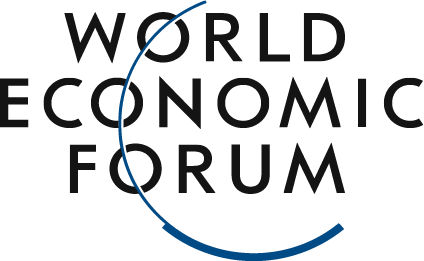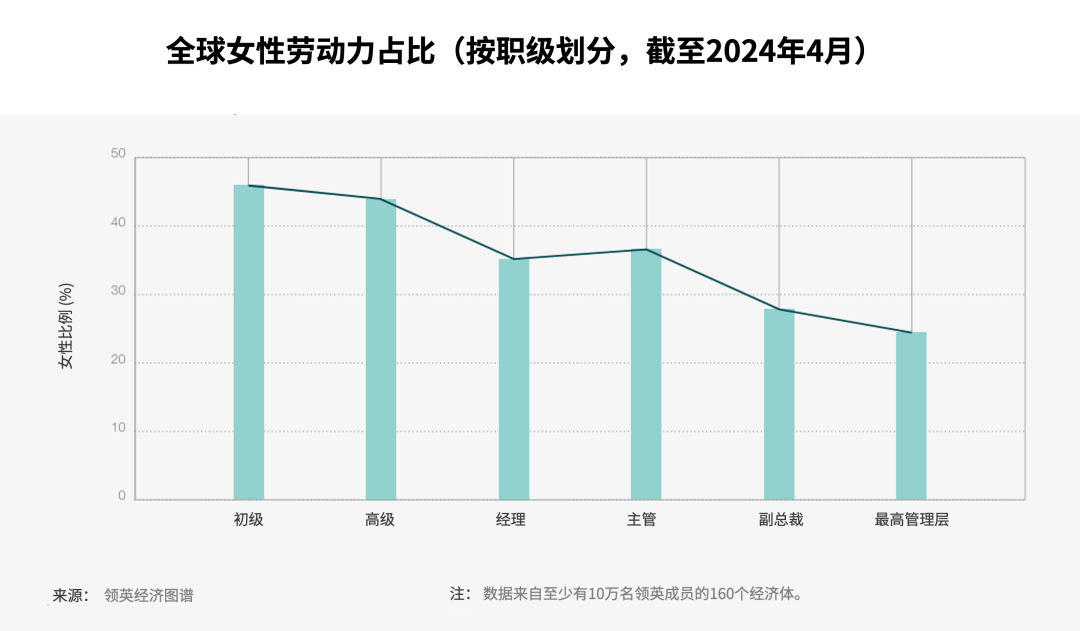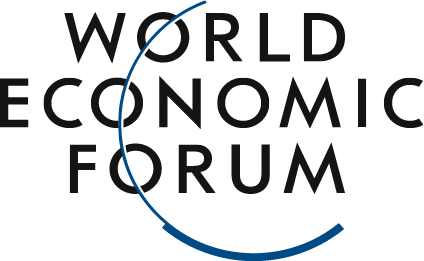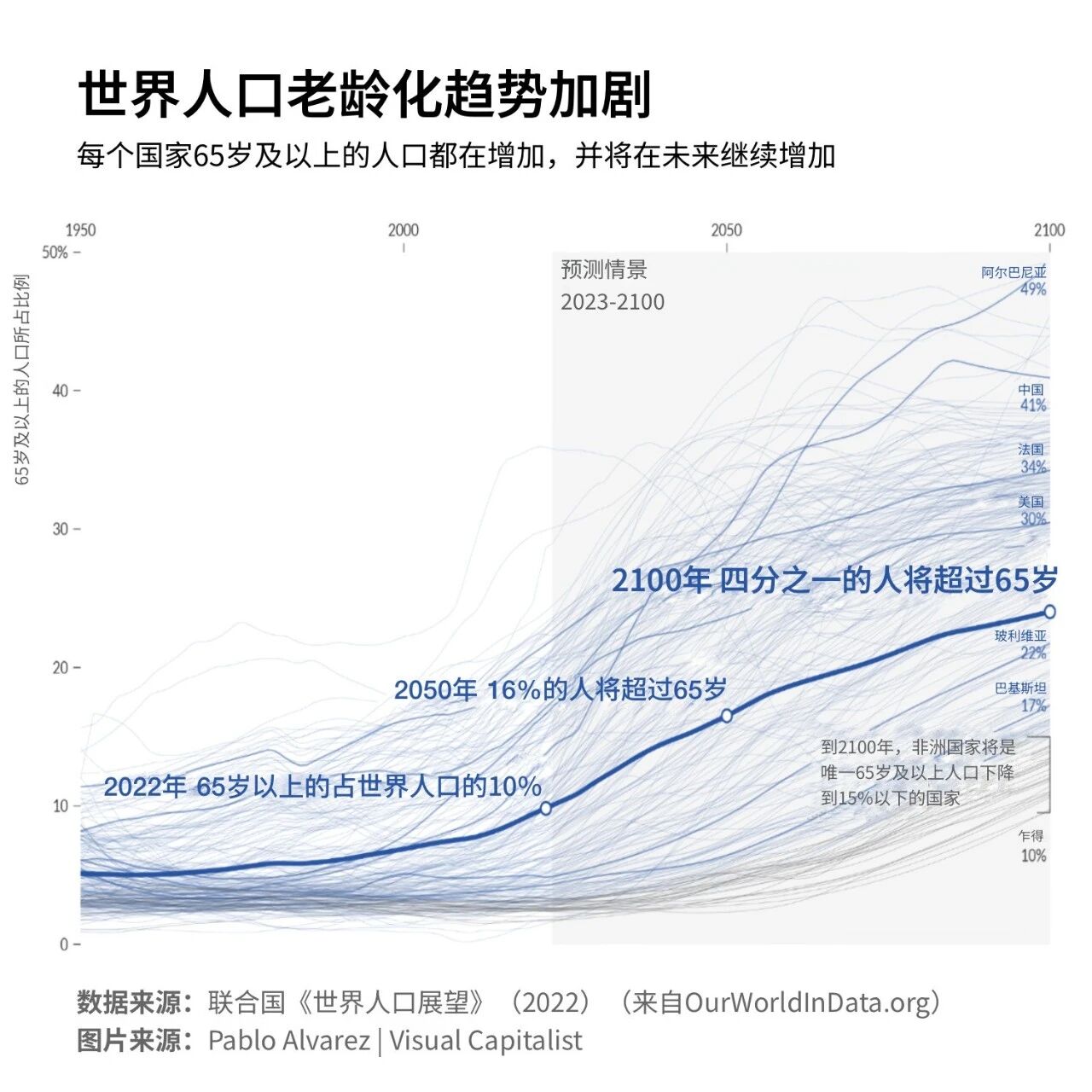According to the World Bank, closing gender gaps in areas such as employment and entrepreneurship could boost global GDP by 20%.
: Unsplash/Christina @ wocintechchat.com
Rebecca Geldard
101,1863.5%65.7%,2023,17,,31.1%(),87.4%(),
:/
,,?2016,STEM(),28.2%,STEM,STEM,“”Coursera,AI(30%)(31%)(31%),,The report acknowledges that we have recently been grappling with geopolitical, macroeconomic, and other challenges. Consecutive shocks, the erosion of social and care infrastructure, and persistent inequalities have collectively slowed down progress toward gender equality in recent years.The report's author states that achieving gender equality is the only way to realize fair and sustainable growth. This presents a significant opportunity for governments and businesses to collaborate, improving the lives of women and girls while fostering global economic and social progress.The World Economic Forum's "Global Gender Parity Race to 2030" is a six-year action initiative aimed at reshaping the labor market, strengthening industry frameworks, and integrating gender equality into global transitions in technology, climate, and care—ultimately driving progress toward economic gender parity.The report also highlighted the roles of factors such as quotas and professional networks in women's job search efforts. LinkedIn data reveals that men typically have broader and stronger personal networks, giving them access to better job opportunities. While women tend to have weaker networks, they often achieve greater career success instead.The growing burden of caregiving responsibilities has further impacted women’s participation in the labor force, underscoring the urgent need to establish equitable care systems and implement parental leave policies. A World Bank study found that expanding access to parental leave can boost women’s involvement in the workforce."The current pace of progress is 'far insufficient to achieve gender equality by 2030.' However, the report notes that this goal remains attainable—if governments and businesses 'redirect resources and mindsets toward a new economic paradigm, one that prioritizes gender equality as a prerequisite for equitable and sustainable growth.'"
The above content represents the author's personal views only.This article is translated from the World Economic Forum's Agenda blog; the Chinese version is for reference purposes only.Feel free to share this on WeChat Moments; please leave a comment below if you’d like to republish.
Translated by: Di Chenjing | Edited by: Wang Can
The World Economic Forum is an independent and neutral platform dedicated to bringing together diverse perspectives to discuss critical global, regional, and industry-specific issues.
Follow us on Weibo, WeChat Video Channels, Douyin, and Xiaohongshu!
"World Economic Forum"






